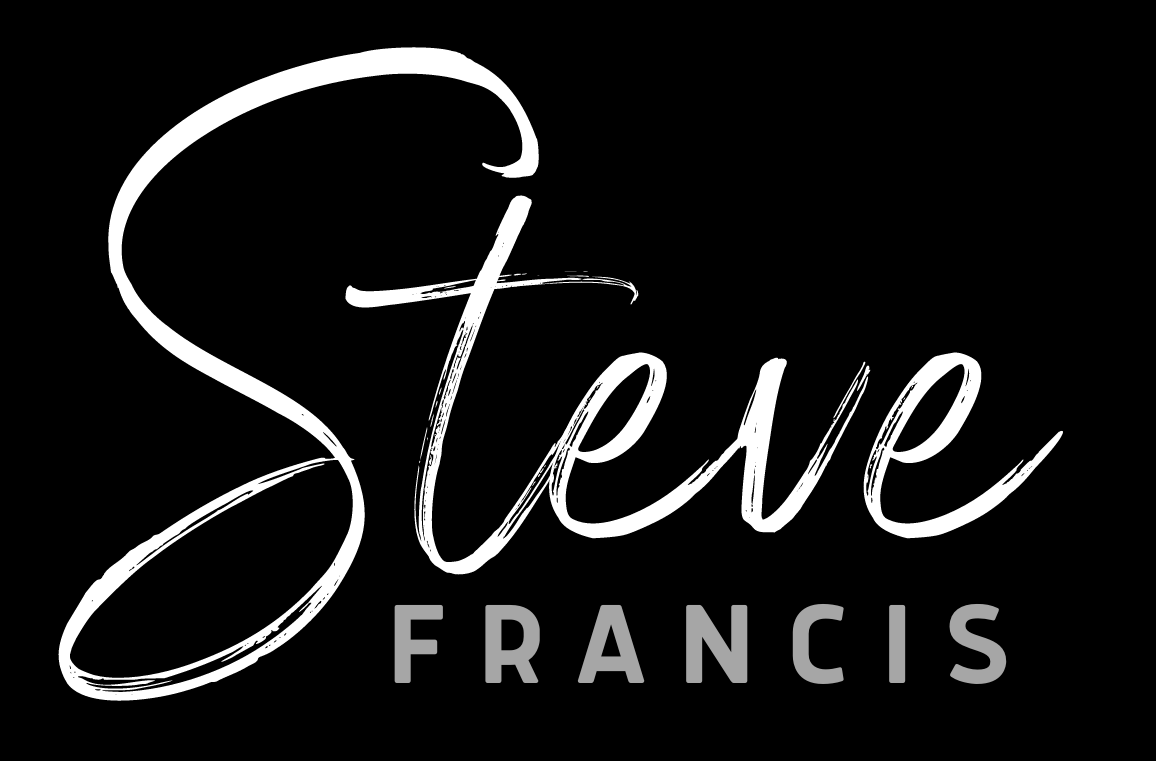There has been much discussion in schools about the impact of ChatGPT (and other Artificial Intelligence bots) on student assessment. Schools are discussing how they can prevent students using ChatGPT to cheat on assessment tasks.
The use of AI bots to cheat on assessment tasks highlights an even more important issue in education – what is the purpose of schooling? Is it to educate or to grade, sort and classify?
On a trip to Mildura I noticed semi-trailer loads of oranges queued up at a processing plant. A local explained that the loads of oranges were being graded and sorted.
After grading, the best fruit was packed in ‘brand name’ boxes, marked A+ and sent to the premium markets for top dollar. Other oranges were packed in non-descript boxes and sent to wholesalers for a reasonable price. Oranges with minor blemishes or slight discolouration were separated and sent for processing into fresh fruit salad. Fruit that didn’t meet the standard was sent to be juiced.
Even the oranges to be juiced were further graded and sorted according to the value they held. Some made the process line for premium juice and others were ‘blended’ in cheaper, home brand juices.
Have schools become production lines where the emphasis is too focused on grading and sorting. Are our students the equivalent of Mildura oranges? Perhaps the debate about the impact of bots on assessment highlights that in many cases, it appears that the purpose of schooling is too heavily focused on grading and sorting rather than on educating.
“If ChatGPT makes it easy to cheat on an assignment, teachers should throw out the assignment rather than throw out the bot.”
MIT Technology Review article – ChatGPT is going to change education, not destroy it.
Read the article here. Thanks to my great friend Tony Ryan for bringing the article to my attention.

